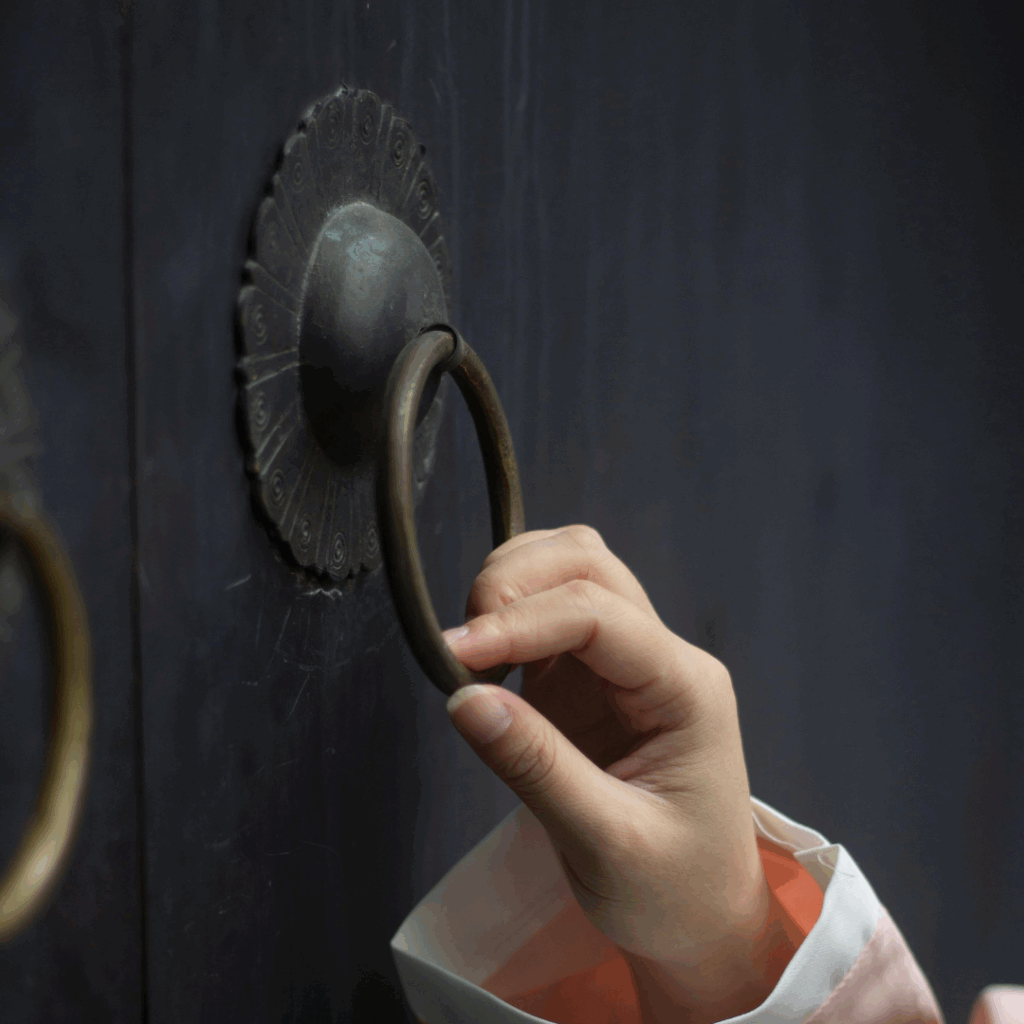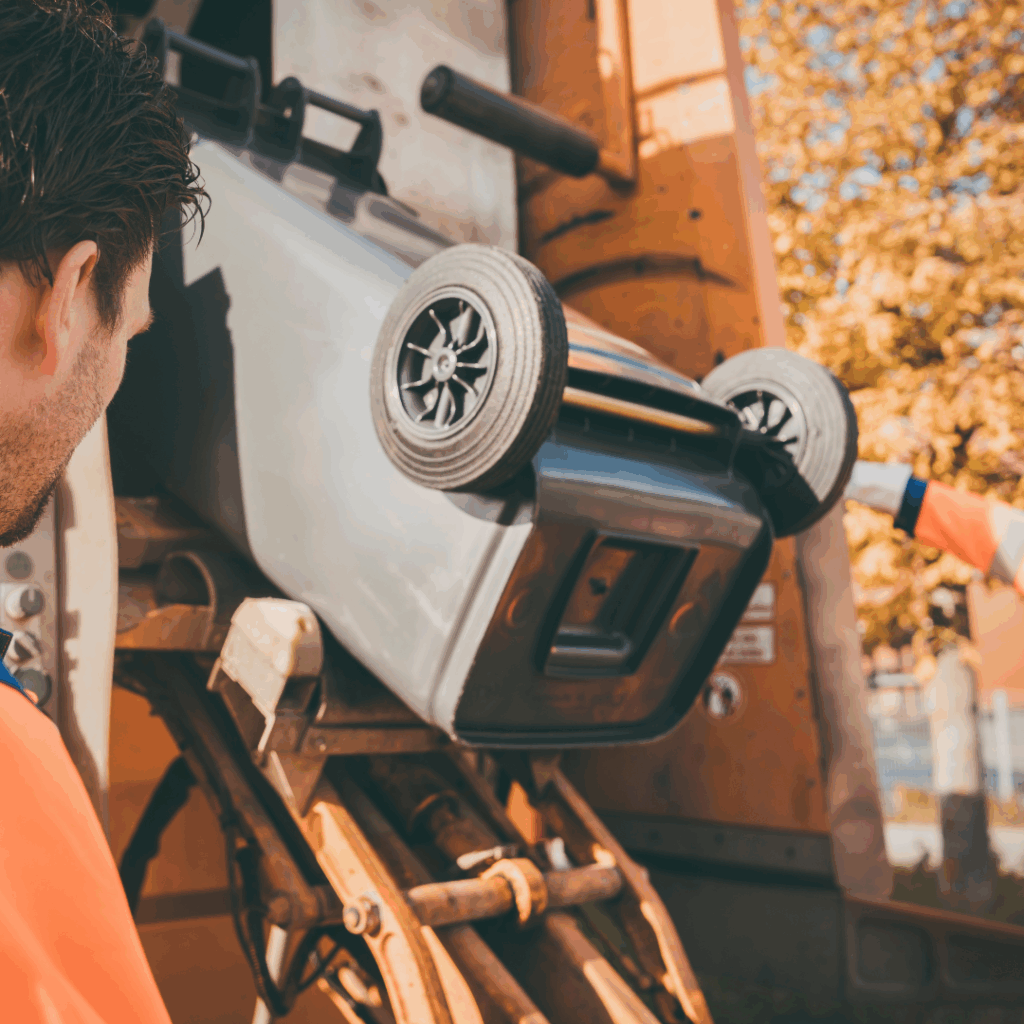What happens when you’re left injured and alone after a hit-and-run accident? It’s a frightening scenario that leaves any individual not only physically and emotionally shaken but also grappling with a maze of legal and administrative proceedings. Unfortunately, hit-and-run incidents are a growing concern in Ireland, and victims are often left stressed, confused, and without clarity on what to do next.
At HOMS Assist, we’ve witnessed the frustrations, pain, and uncertainty claimants face after these traumatic events. This article aims to provide clarity on the steps victims should take following such incidents, options for legal recourse, and solutions to overcome common challenges, all while guiding you through Ireland’s legal framework surrounding road traffic accidents.
The Legal Obligations in Road Traffic Collisions
Irish law, under Section 106 of the Road Traffic Act 1961, is clear about what’s required following a motor vehicle accident. If involved in a collision, drivers are legally obliged to stop and remain at the scene. Drivers must also exchange information, such as their name, vehicle registration, and insurance details, with the other party or report the incident to Gardaí if the other person is unavailable.
Failing to remain at the scene of an accident constitutes a hit-and-run offence. The driver must be aware of the incident—cases have shown that mere lack of awareness (proven in appeals) can lead to acquittal. However, in situations where a driver knowingly flees the scene, the offence carries serious consequences, including prosecution.
For victims, understanding these obligations is key. Knowing what the responsible party should have done offers a starting point for claiming accountability.
The Challenges Hit-and-Run Victims Face
- Uncertainty about Incident Details
Victims are often left with no means to identify the perpetrator. Without vehicle information or eyewitnesses, it can feel almost impossible to hold the at-fault party responsible.
- Financial and Emotional Burdens
Medical expenses, loss of earnings, and emotional trauma can deeply affect victims. Coupled with the uncertainty surrounding their case, handling such burdens alone feels overwhelming.
- The Complexity of Filing Claims
Navigating insurance claims or initiating proceedings with the Motor Insurers’ Bureau of Ireland (MIBI) isn’t straightforward. Victims often have to provide extensive evidence, including Garda reports, medical documentation, and witness accounts.
- Legal Loopholes
Despite the laws in place, some offenders exploit legal technicalities to avoid liability. This exacerbates frustration for victims seeking justice.
These challenges paint a bleak picture but knowing what actions to take immediately following an accident can significantly strengthen your case and improve your chances of receiving compensation.
What to Do After a Hit-and-Run Accident
- Stay Safe and Collect Evidence
Move to a safe location, if necessary, and document the scene as thoroughly as possible. Take photographs, note the time and location, and gather details of any witnesses, including their contact information.
- Report the Incident to Gardaí
Reach out to your nearest Garda station or dial 999/112 to officially report the accident. This step is critical in building a formal record that supports your claim.
- Seek Immediate Medical Attention
Even if injuries seem minor, getting a medical evaluation is essential. The reports from medical professionals serve as essential evidence if you decide to pursue a claim.
- Contact the Motor Insurers’ Bureau of Ireland (MIBI)
For hit-and-run cases where the driver is unknown or uninsured, the MIBI can help victims claim compensation. Ensure accurate documentation (Garda reports, medical bills, etc.) when filing your claim.
- Consult a Solicitor
Engage a solicitor who specialises in personal injury and road traffic accidents to guide you through the claims and legal processes. Solicitors can also represent you at Garda or coroner inquests if your situation involves court proceedings.
The Importance of Coroner and Garda Investigations
For incidents involving fatalities, inquests led by coroners play an essential role in determining the circumstances of death. Coroners, sometimes accompanied by a jury, investigate the causes and identify whether the accident highlights public safety risks that require attention or systemic changes.
For survivors, understanding coroners’ procedures can provide clarity and closure, especially in complex cases. Witness accounts, Garda testimony, and forensic evidence presented during inquests also help ensure due diligence and accountability.
One example of justice prevailing is when diligent investigations reveal evidence tied to a hit-and-run driver, leading to criminal prosecutions. Victims and their families can use such moments to fight for better systemic accountability and improve the road safety dialogue.
Overcoming the Challenges
- Build a Strong Case
Hire a solicitor early for expert guidance on collecting robust evidence and ensuring your rights are protected. Your solicitor will handle MIBI claims, ensure that compensation claims are comprehensive, and speak to government authorities, such as Gardaí or coroner officials, on your behalf.
- Understand Time Limitation for Claims
Personal injury claims in Ireland generally need to be filed within two years of the incident. Navigating this timeline with a solicitor ensures deadlines are not missed.
- Leverage Community Support
There are organisations across Ireland offering resources and support for road accident victims. For example, publications like Finding Your Way, provided by the PARC Road Safety Group, equip families with information following such incidents.
- Push for Road Safety Advocacy
Advocate for improved laws and infrastructure that enhance cycling/motor safety, such as advanced camera monitoring and cyclist priority lanes. Acting collectively strengthens your voice in lobbying for change.
Closing Thoughts
Victims of hit-and-run accidents deserve justice, guidance, and financial stability to rebuild their lives. But achieving this doesn’t have to be a lonely battle. Consulting legal experts and leveraging resources (such as MIBI or coroner inquest findings) can ease the process while holding responsible parties accountable.
At HOMS Assist, we don’t just guide victims—we advocate for safer roads. If you or someone you know has been affected by a hit-and-run accident, don’t hesitate to reach out for a free consultation. Together, we can fight for justice and ensure your voice is heard.
Now’s the time to act. Contact us to start your claim and reclaim both peace of mind and the justice you deserve.









